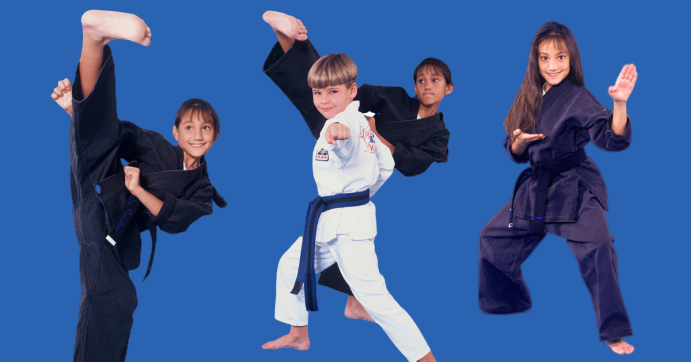1. Cognitive Development and Piaget’s Theory Jean Piaget, a leading theorist in cognitive development, provided key insights into how children process information differently from adults. His research underscores the importance of stage-appropriate teaching methods in martial arts.
- Pre-Operational Stage: Piaget identified preschoolers (ages 4-6) as being in the Pre-Operational Stage, where they process information concretely and intuitively. They are drawn to pretend play and may struggle to distinguish fantasy from reality, a trait that instructors can leverage using imaginative teaching techniques.
Practical Tips for Instructors:
- Use animal-themed instructions like “run like cheetahs” or “jump like frogs” to engage preschoolers in playful, relatable activities.
2. Physical Development Physical abilities in children advance rapidly and are critical to how they engage in martial arts training:
- Ages 4-6: Developmental milestones include running, jumping, and beginning to skip. Instructors can incorporate these movements into class activities to enhance both fun and skill development.
Practical Tips for Instructors:
- Games like “Alligator Pits” with foam shields or “Pass the Ball” promote physical skills and cognitive development through structured play.
3. Social and Language Development Preschoolers are highly talkative and begin to develop complex language skills:
- Language Growth: By age six, children understand around 2,500 words and can construct various sentence structures. This rapid language development allows for more complex instructions and interactive communication in class.
Practical Tips for Instructors:
- Encourage cooperative play through drills like “Kick the Balloon,” where children work together to keep a balloon in the air using martial arts techniques. This fosters teamwork and communication.
4. Applying Developmental Theories Understanding the stages of cognitive and physical development helps martial arts instructors tailor their teaching strategies. Incorporating age-appropriate games and challenges enhances learning and keeps young students engaged and motivated.
